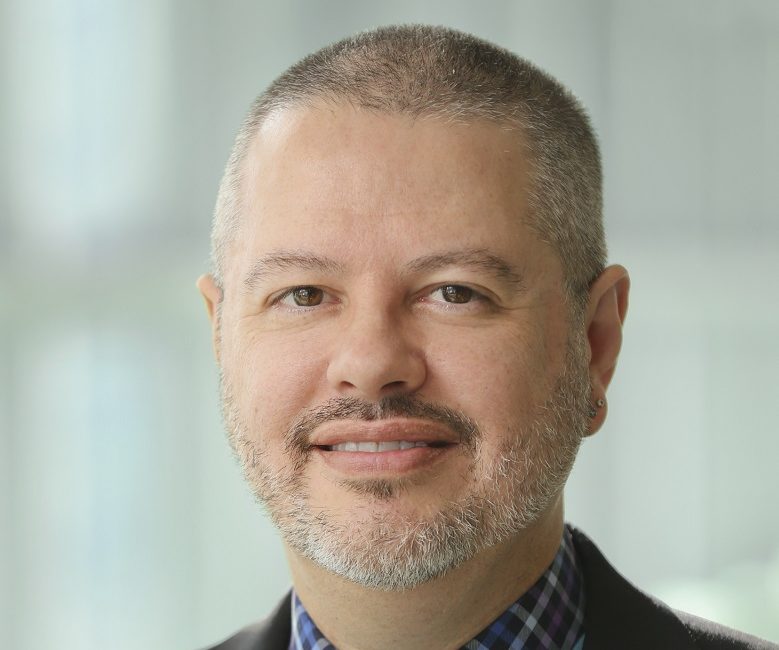
Diversity and inclusion are imperative to academia, for without it, how will we prepare our future leaders? Mark Brimhall-Vargas, Ph.D. has dedicated much of his career to ensure that in addition to diversity and inclusion, there is equity and social justice brought to higher education as well.
Prior to becoming the Chief Diversity Officer and Vice President for Diversity, Equity, and Inclusion at Brandeis University, Dr. Brimhall-Vargas was the Chief Diversity Officer and Associate Provost at Tufts University as well as the Deputy Chief Diversity Officer at the University of Maryland. For Dr. Brimhall-Vargas, diversity and inclusion in academia are necessities.
“It’s inherent in the mission of the institution,” says Dr. Brimhall-Vargas. “It is why education exists.”
With several years of leading as a Chief Diversity Officer (CDO) under his belt, he finds that there are certain attributes CDOs must have in order to lead. According to Dr. Brimhall-Vargas, CDOs and/or leaders in the field of diversity and inclusion should have some sense of emotional intelligence, the ability to engage others, and a firm grasp on an evidence-based approach to data. He also mentioned that as a leader in diversity and inclusion, you can’t be afraid to have difficult conversations.
As the Chief Diversity Officer and Vice President for Diversity, Equity, and Inclusion at Brandeis University, Dr. Brimhall-Vargas is charged with evaluating compliance processes and ensuring that diversity, equity, and inclusion is promoted and valued throughout the entire university body of faculty, staff, and students.
“I’m developing strategic methods for engaging faculty, staff, and students,” he says.
When Dr. Brimhall-Vargas thinks of diversity, he thinks about it in a very particular way with respect to equity, diversity, inclusion, and social justice
“Equity is designed to provide full access to a person as they enter a system, treating people with equity as opposed to equality,” he says. “Diversity is the compositional element of who is actually here. What populations exist on our campus? What groups of people are not here? Inclusion is a sense of belonging and welcome-ness.”
It is Dr. Brimhall-Vargas’ sense that when you have a combination of these key ingredients, it can lead to social justice.


